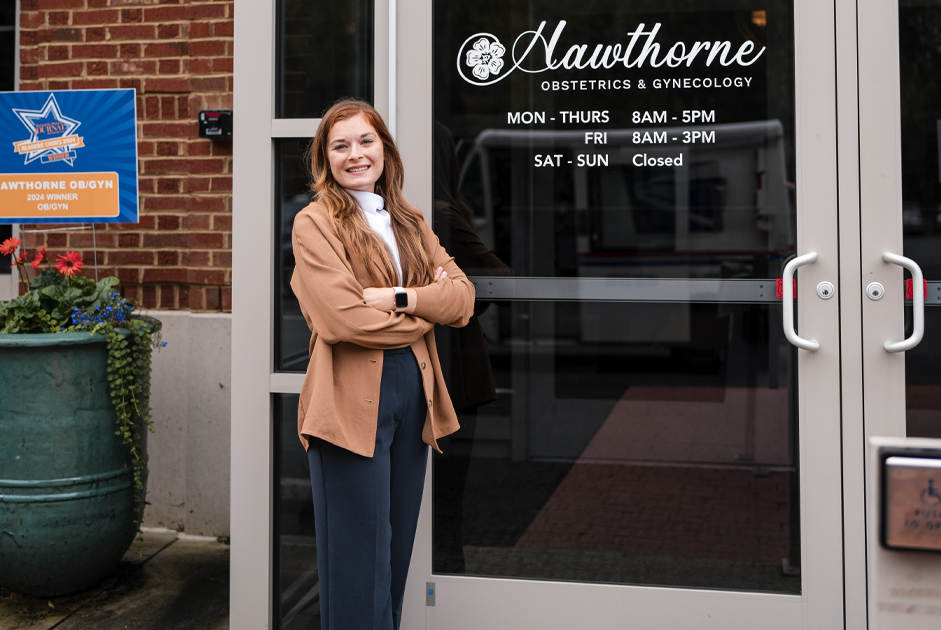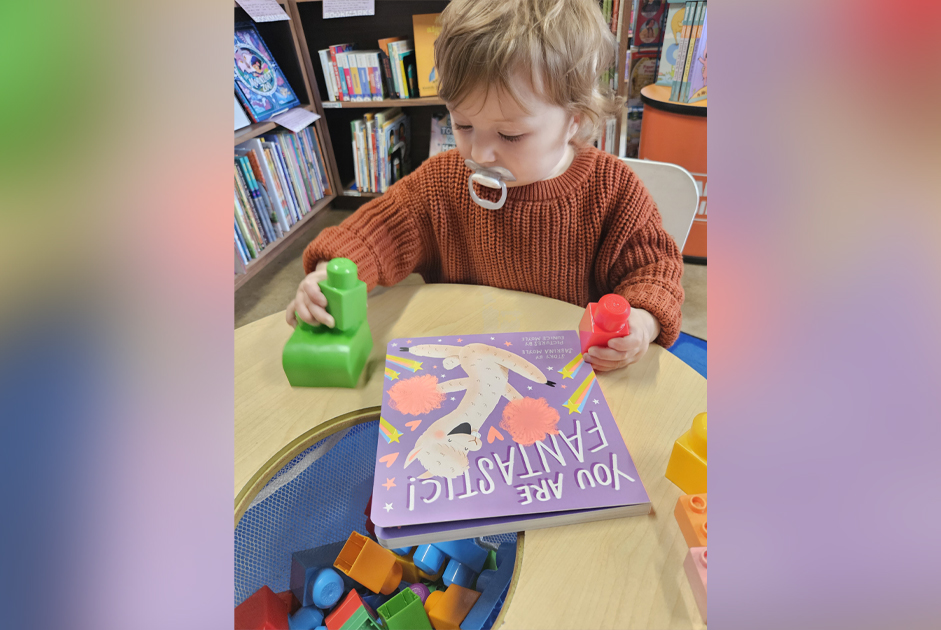“It is not what you do for your children, but what you have taught them to do for themselves, that will make them successful human beings.” ~Ann Landers
Most parents want to raise an independent child. In a world where parents cannot allow their little butterflies to experience the joys of spreading their wings and flying, even if it is 20 feet away, the need to foster confidence while allowing navigation in their world begs the question, “How can I find the right balance?”
Start Early
It is easy for parents to think, “She is so small. I need to stand beside her and rescue her the moment she is in a new situation.” Wait, first! A “can-do” kid can overcome obstacles with reassurance and positive words. Rather than actively manipulate the object or situation, offer suggestions. By allowing young children, especially, the chance to practice making decisions and learn from mistakes, future obstacles will not result in frustration and tears, or the need for parental help. Yes, he or she will be on their way toward self-reliance!
Etiquette and Clean-Up
Psychologists claim the definition of “learned helplessness” is a habit formed by others consistently performing tasks for children who are more than capable of completing them themselves. It sends an inadvertent message that they cannot perform age-appropriate or necessary tasks. Children are eager to help. The best solution for parents and children is to create a list of jobs they will consistently complete. While giving children a feeling of value and responsibility, they also establish a work ethic to perform tasks without the need for praise or financial rewards. For example:
- Age 2-3:Place dirty clothes in a hamper, clean up toys, set the table. Brush teeth, with help.
- Age 4-5:Feed pets, lay out clothes for the next day, dust, and make the bed.
- Age 6: Wake up to an alarm clock, wash face, dress (use the phrase “tag in the back”), brush hair (good luck!), empty silverware from the dishwasher, make own sandwich, help fold clothes, and retrieve the mail.
- Age 7-8: Shower independently (with potential help in rinsing out the conditioner), make breakfast or lunch, start homework at a designated time, transfer clothes to the dryer, load the dishwasher, strip bed, clean bathroom, sweep the porch, walk the dog, and put away clean laundry.
Time and Stress
Do you know parents who call their child’s college dorm to wake up a daughter or son? Yes! You certainly do not want to be that parent! By age six, kindergarteners can bound out of bed and start getting ready for the day. Establish set times for breakfast and leaving the house. Scrambling due to lateness will not motivate a child to move; instead, the moment may offer a setback of tears. Eliminate the possibility of stress and start the day out right! Perhaps the solution is to start the day five minutes earlier?
Fears and Worries
Children know when something is not right; perhaps the message is a facial expression offering worry lines or the act of silence. As parents, our fear and worry for a child’s well-being and happiness never ends. It is better to define those troubling areas by finding viable and calming solutions. Children who ask for freedom, such as to play next door with friends, should have a chance. While rules help children to follow directions and build trust, small independent steps offer encouragement to seek freedom within reasonable bounds.
When our children are practicing self-reliance, it does not matter if the milk spilled onto the carpet or a peanut butter sandwich ended up in the dog’s stomach. The effort of trying without criticism helps children show a willingness to try other new tasks. While the oven and knives are intimidating tools, perfection comes with practice! Chores are milestones of progression. Remind your child of a specific life skill, such as tying shoes and brushing teeth. While some actions of self-reliance may take longer than others, what a moment when a child says, “Yes! I did it all by myself!” And, better yet, never acknowledges gathering up the trash or mowing the grass!






















